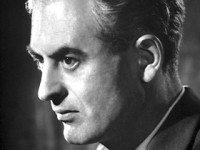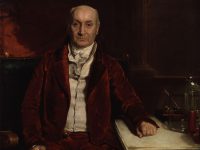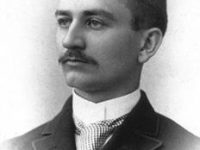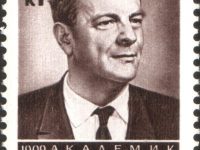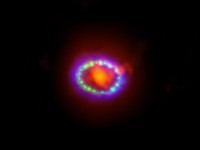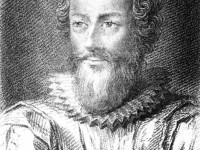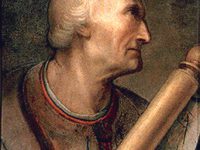Sir Peter Medawar – The Father of Organ Transplantation
On February 28, 1915, British biologist Sir Peter Brian Medawar was born. His work on graft rejection and the discovery of acquired immune tolerance was fundamental to the practice of tissue and organ transplants. Together with Sir Frank Macfarlane Burnett he shared the 1960 Nobel Prize in Physiology or Medicine “for discovery of acquired immunological tolerance“. For his works in immunology Medwar is regarded as the “father of transplantation“. Peter Medawar – Early Years Medawar…
Read more

